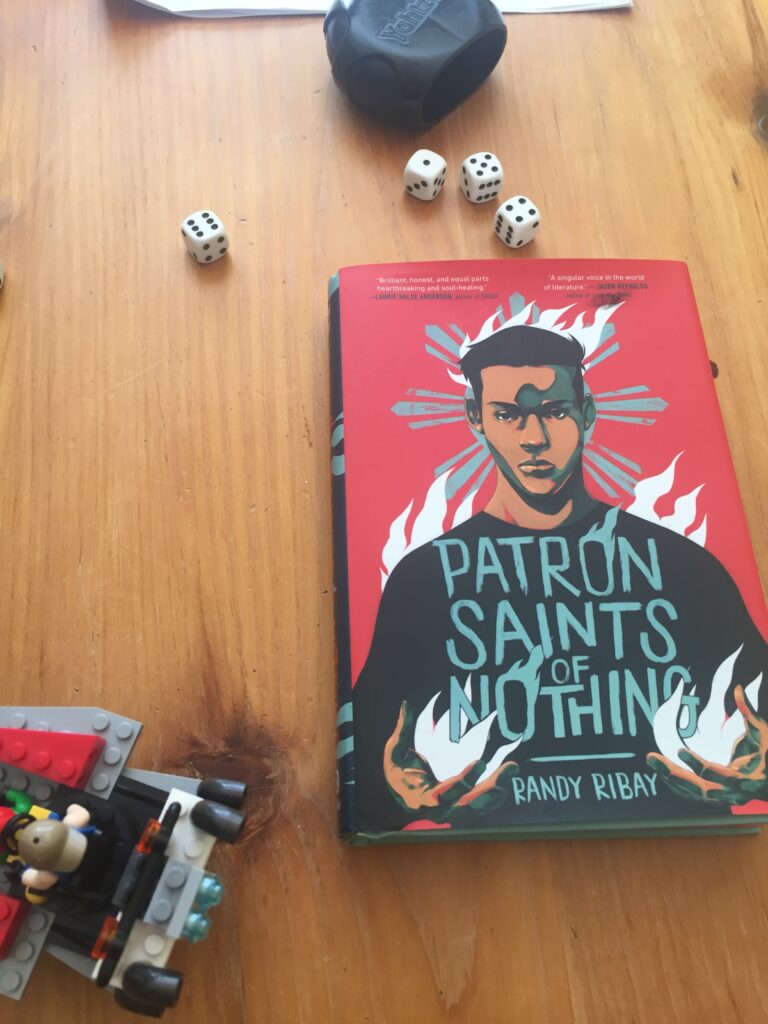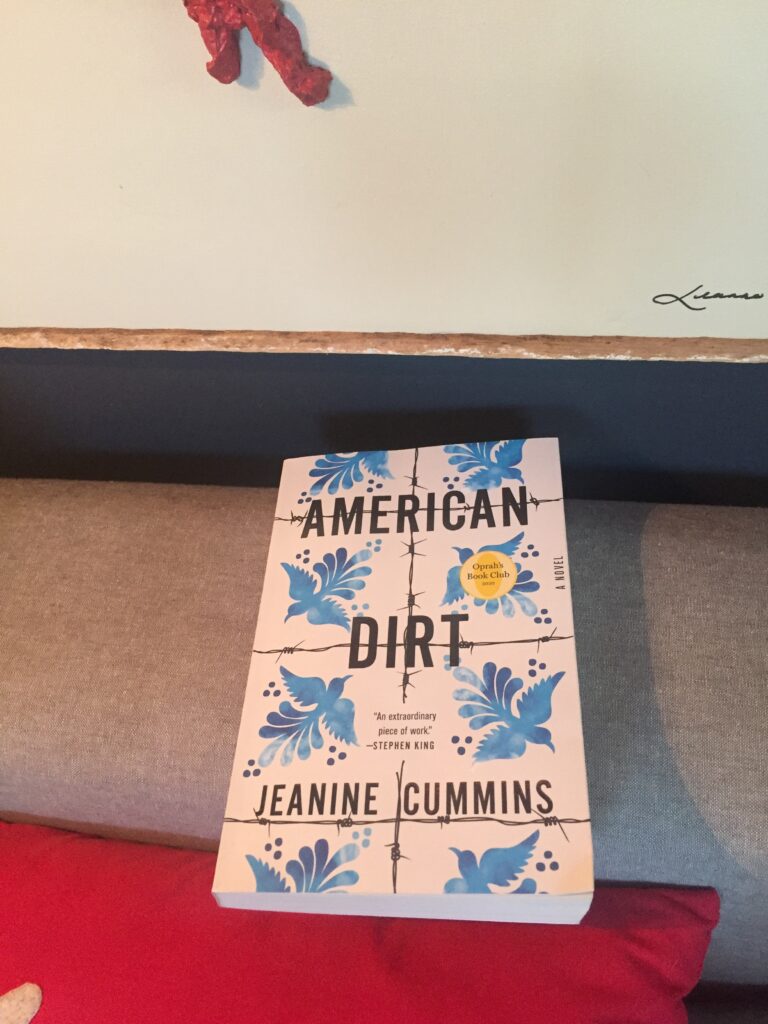
I am sad. They have officially cancelled school for the remainder of the year.
I feel lost. My identity is very much wrapped up in my teaching. I love what I do.
I miss my students and colleagues, I miss the excitement of interacting with people everyday and exploring their curiosity and ideas. I miss being able to commiserate with my friends. Moving online with my team and students is not the same as being together in our school. People are anxious and overwhelmed and not sure how to best move forward.
It could be any day of the week, as we have lost all of the markers that delineate one day from another. It’s like living in the movie GroundHog Day. I believe today is Tuesday, because Mommy School was up and running, the emails from school have not stopped and I think Isaac might have an online piano lesson this afternoon.
There are many lessons that will come with this time, I hope we will be better able to see them as we try to move forward through this quagmire. I will try to write through the successes as we continue through.
I did want to link this article from Edutopia, as it has lots more great YA Book Recommendations, that might be just what you (or someone you’re spending your days with) needs right now.
“22 Young Adult Novels to Help Students Process the Pandemic (or Forget It for a Bit)” Check it out here. Order online from your local book store!




